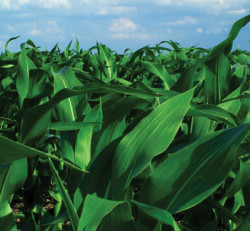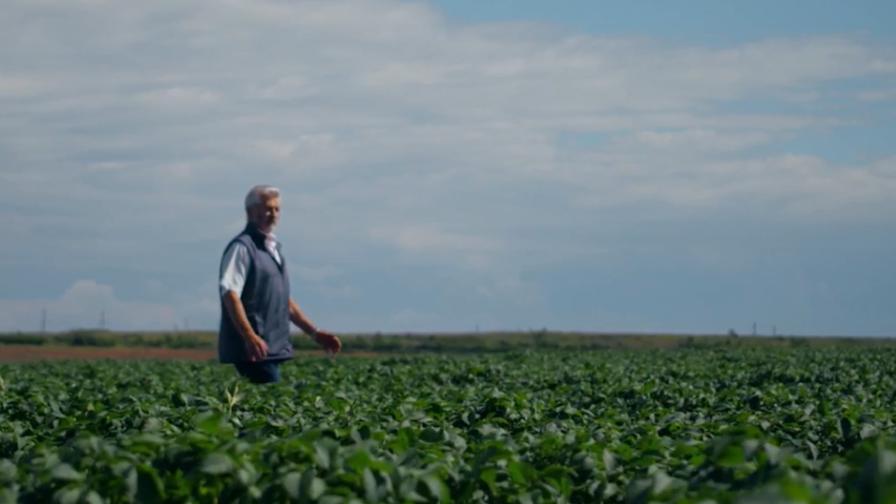Rising Farm Incomes Lead to Crop Input Adoption

A “steady increase” in crop commodity prices has continued to lead the growth for the crop protection market, according to a report from Phillips McDougall.
The farm economy, which in turn leads to improved funds for crop inputs, has risen steadily since 2006 due to demand growth in Brazil, Russia, India and China (the BRIC countries).
“Significant” economic growth has caused the countries’ inhabitants to switch to a more meat-based diet as well as enjoy better quality food.
In turn, an increase in meat demand has led to growth of animal production and animal feed, according to the report.
Each of the major crop commodities futures prices are sustained into 2013 at a level well above that in 2010, providing a significant level of confidence for the farm economy in 2013 and the potential for the inputs markets.
Despite a reduction in maize usage for ethanol production during 2012, global stocks of maize are anticipated to decline in the 2012/13 marketing year. A major factor impacting maize stocks in 2012 has been weather affected harvests and a continuing increase in demand for the crop.
Despite the year on year changes in the weather and the stock situation, a key underlying factor in improving crop prices has been increasing demand, which is reflected in a continual improvement in the traded volume of grains, according to Phillips McDougall.
A key influence in crop production in 2012 has been adverse weather effects, particularly in the U.S., where drought has affected the central cornbelt, reducing maize and soybean production.
The end of the 2011/12 season in Latin America was also affected by dry weather that limited crop harvests, soybean production being down by 11.9% in Brazil.
In Europe in 2012 oilseed rape areas declined as high grain prices resulted in a shift to cereals production, sustaining the rapeseed price.
A severe winter affected cereal productionin Russia and the Ukraine in 2011/12, resulting in a significant level of winter kill of autumn planted crops. Summer drought has further limited production, according to the report. In the EU, very wet summer has further affected cereal production in the northern countries. More southerly countries have suffered from a lack of rainfall.
Cotton prices have fallen in 2012 because of rising stocks, according to Phillips McDougall. Drought limited production in Pakistan, with stocks being further reduced due to increasing demand in China and India. Lower stocks and higher prices resulted in a significant increase in the planted area of cotton, notably in Brazil and Australia. Subsequent production has satisfied the shortage in stocks, so that now oversupply has resulted in lower prices.
Source: Phillips McDougall, edited by Stefanie A. Valentic, online editor





